What can we do to save football?
In the second part of his investigation into the health of the modern game, Miguel Delaney asks what can be done to counter the growing financial and competitive imbalance of the sport

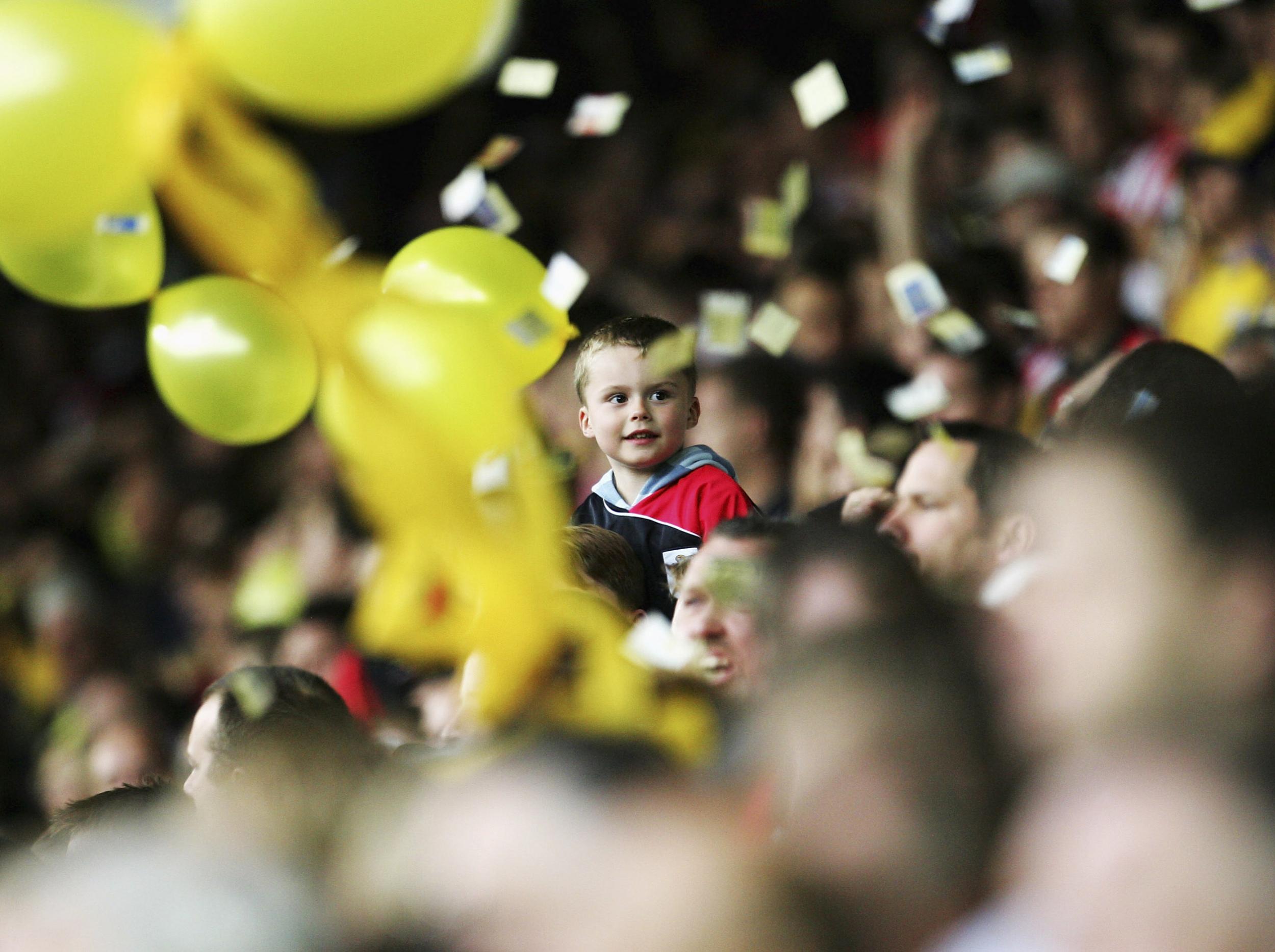
Your support helps us to tell the story
From reproductive rights to climate change to Big Tech, The Independent is on the ground when the story is developing. Whether it's investigating the financials of Elon Musk's pro-Trump PAC or producing our latest documentary, 'The A Word', which shines a light on the American women fighting for reproductive rights, we know how important it is to parse out the facts from the messaging.
At such a critical moment in US history, we need reporters on the ground. Your donation allows us to keep sending journalists to speak to both sides of the story.
The Independent is trusted by Americans across the entire political spectrum. And unlike many other quality news outlets, we choose not to lock Americans out of our reporting and analysis with paywalls. We believe quality journalism should be available to everyone, paid for by those who can afford it.
Your support makes all the difference.At the very top of European football right now, discussions are going on that are a lot tenser than many of its highest-profile matches.
The issue up for discussion is the distribution of revenue towards clubs not involved in Uefa competition, called “solidarity” payments, which are one of the game’s only mechanisms for limiting growing financial gaps.
On one side, a source within the super clubs says they believe one particular idea for the 2021-24 cycle is “extreme”. On the other side, the European Leagues group – which covers the domestic competitions – is described as “exasperated”.
The huge difference in stances illustrates the difficulty of all this.
The current solidarity figure is 7.3% – of over €2bn – that is to be distributed among the thousands of clubs not participating in either the Champions League or Europa League. For many outside the elite, this is nowhere near enough, and represents a mere sop that actually only sees immense disparities increase. The European Leagues want it raised to 20%.
“The big clubs,” one source says, “would laugh that out of town”.
They can do that because they’ve got serious heft. That 7.3%, after all, is actually a decrease from 8.5% in the previous cycle. It’s the usual story. Every such decision usually sees a bit more go to the wealthiest and less for everyone else, until you suddenly find yourself staring at a chasm.
It is this process – and the accompanying tension – that encapsulates the difficulty of trying to solve football’s hugely destructive financial disparity.
The game must first figure out how to stop this problem getting worse, before it can then attempt to row it back.
That is not easy when the biggest clubs, and biggest voices, are so sternly pushing in the opposite direction. Every cycle of decisions generally just sees more ceded to their interests, in large part due to the ever-present threat of a super league.
As football historian David Goldblatt says, “it’s all flowing one way”. Finance expert Kieran Maguire agrees. “It is going to go further. The differences are going to grow.”
So, can anything actually be done about this? Are there any realistic solutions?
Many influential voices spoken to for this article were at a loss because of how lopsided the structure of the game is.
Most put forward some form of redistribution, since it is the most workable and effective. That is also what makes these discussions about solidarity payments so galling.
They are one obvious step, and should be the most easily applicable step since it is Uefa money as opposed to that generated by domestic league TV rights. But there’s still such attrition over it.
At the same time, more equitable TV rights makes a huge difference, as the Premier League has proven for most of its existence. That is why the slight change in international rights feels another line in the sand.
Javier Tebas, president of La Liga, is meanwhile looking to row things back there.
“I don’t think we are helping football in any way if we generate wealth and it just goes straight back to the big clubs, but that’s what’s happening.”
Goldblatt strikes a similar tone.
“In the same way as in the global economy, the rich are able to accumulate and accumulate. In the absence of redistributive systems – in the form of taxation on benefits or whatever – the poor are getting poorer, even in the richest countries.
“Imagine if the Premier League was redistributing 20% of its TV income around the game. Grassroots football in this country would be in a very, very different state.”
The brutal reality of the state of the game, however, is that the gaps are so vast that the sport really needs some kind of Das Kapital-style financial revolution. This, needless to say, would get more than laughed out of town. It would simply be unpalatable to super-clubs now so committed to the game’s systemic capitalism.
This is all the more lamentable since these are still mere negotiating positions, for the most workable solutions, that should be malleable. The problem with almost every other potential solution is that there are by now huge structural and technical impediments.
Every turn just sees another brick wall.
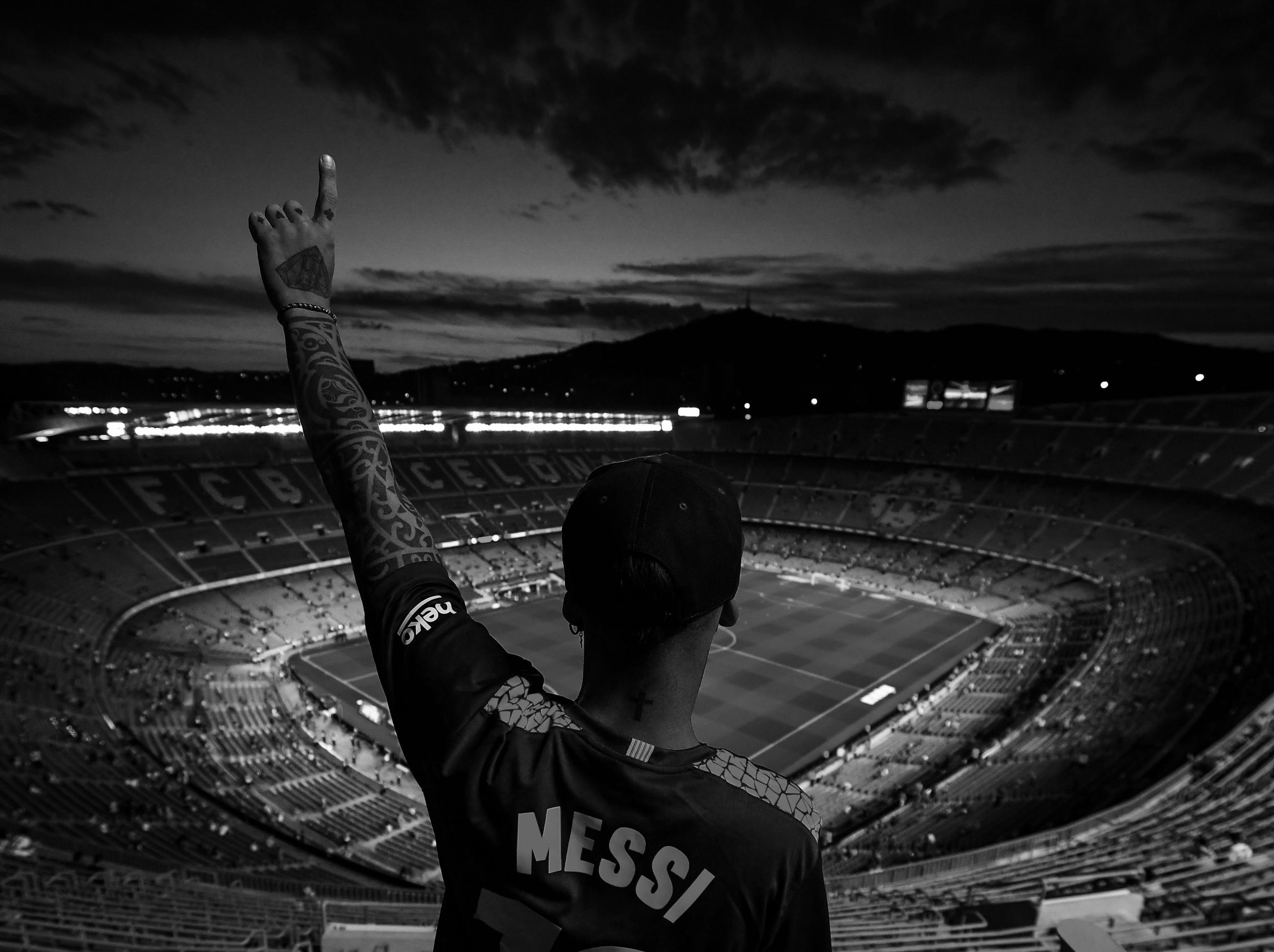
It is why Financial Fair Play came 20 years late, as Goldblatt points out.
“I think that was the moment in the early 90s. By the time Uefa have finally, finally got to FFP in 2012, these inequalities are hardwired into the system.”
It similarly means, as Maguire argues, that modern FFP mostly just “reinforces the glass ceilings within the game”.
Take the idea of a US-style salary cap, and the challenge of applying it at different levels. Most of the formulae it would be based on would still inherently favour the wealthiest. There’s then the potential of Bosman-style legal challenges within the European Union, as well as how difficult it is to apply on a global level. If there’s any kind of gap, due to the idiosyncrasies of a few countries, the whole system crashes down as there’s that space in the market. It’s only possible with US sports because they are so centralised in single organisations.
“This salary threshold in Europe is obviously not allowed,” Tebas says. “It’s a case of [global] supply and demand and that’s what salaries are based on. I’m not sure a salary cap is really the issue here.”
Goldblatt argues an idealised solution is the spread of Germany’s 50+1 rule ensuring majority social ownership of clubs. Sweden has followed the Bundesliga’s example, and that has created one of the few leagues where there is huge competitive balance and internal mobility.
“The compensation for economic modesty is a more diverse football culture,” Goldblatt argues, in a line that pretty much sums up modern football history.
There are similarly a few blocks to this, though, that build up to one big issue.
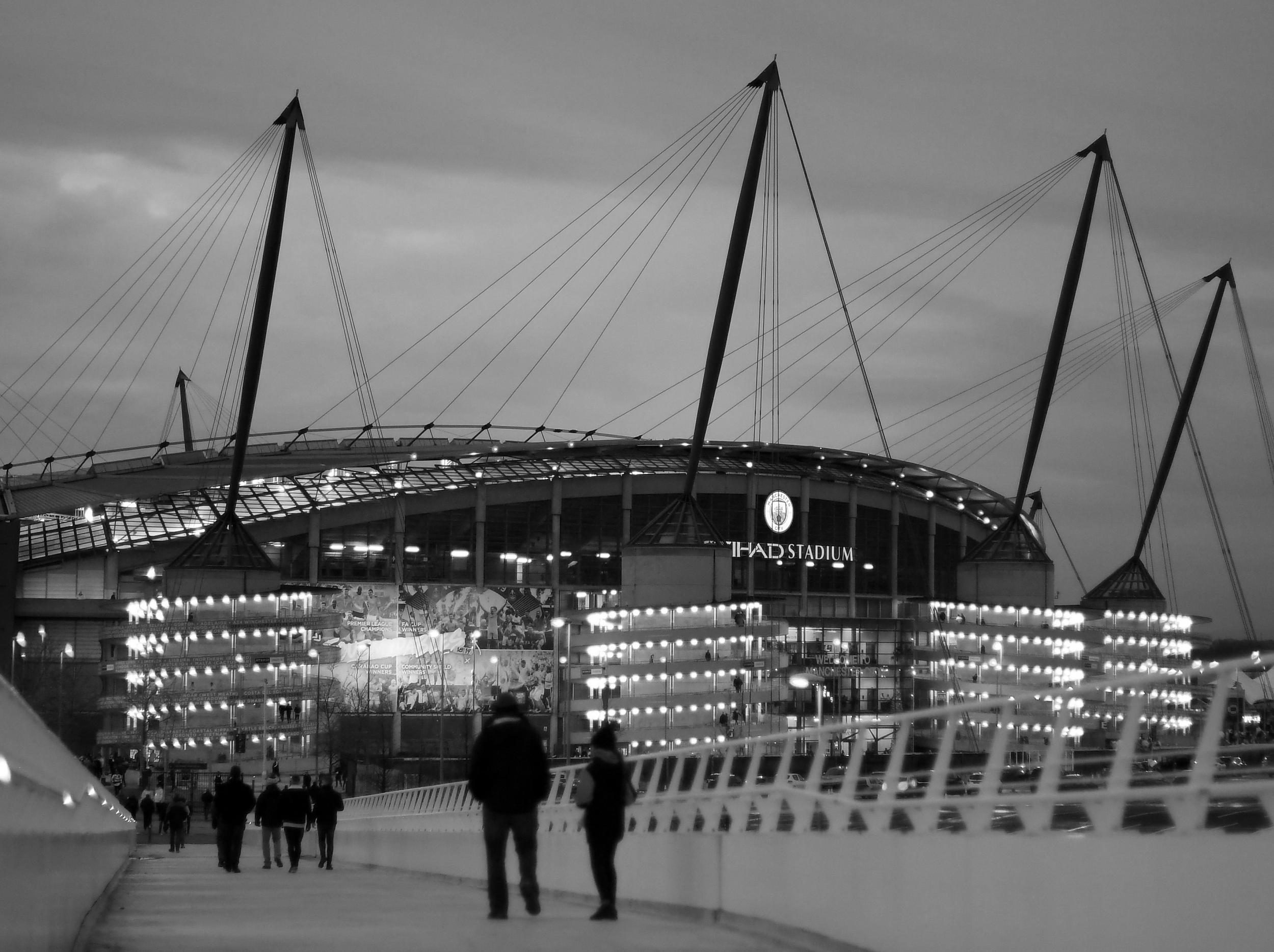
There’s first of all the question of getting clubs to make that drastic first step that willingly sets them back behind other countries for a few years. As with everything else, you need everyone to go along.
There’s then the more complicated issue of clubs within your own country – like Bayern Munich – who are already much bigger than everyone else. The danger is a 50+1 rule freezes movement.
Above anything else, though, there’s the issue of the existing owners.
Capitalists like the Glazers or Fenway Sports Group aren’t just going to give up chunks of Manchester United or Liverpool.
A sportswashing project like Abu Dhabi isn’t just going to give up chunks of Manchester City.
Such moves would be entirely contradictory to their intentions. Which is why such steps to any kind of fairer system – to go with the rest of the big clubs – are so difficult to extract.
Consider a figure like Florentino Perez. He sees everything in terms of the glory of Real Madrid, and – more importantly – how it will reflect on him as president. Gestures to redistribution may affect the ability to sign more Galacticos.
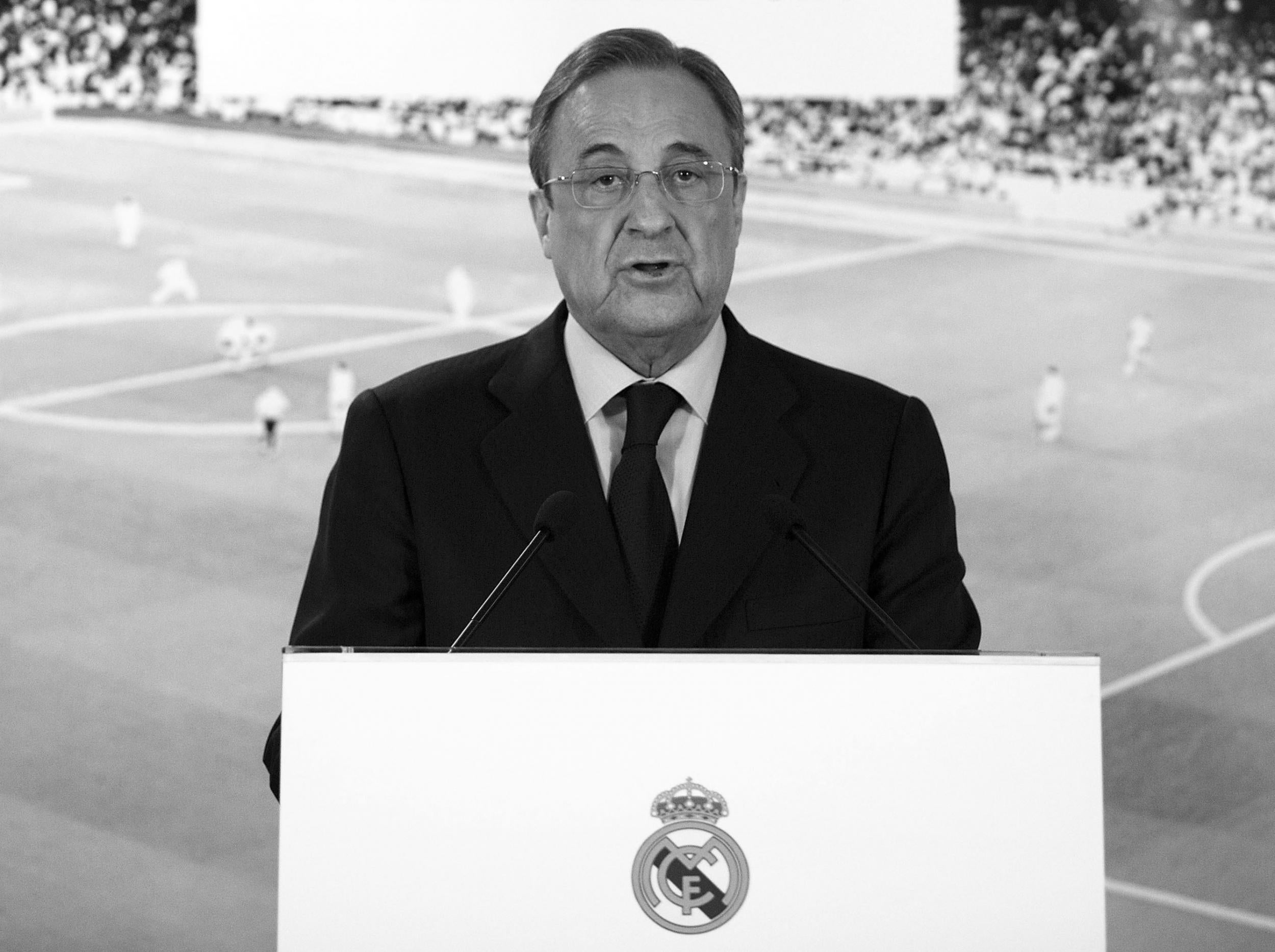
Ferran Soriano expressed a similar view in his book, when at Barcelona. It is a line that is worth repeating, because it is so central to the problem.
“A well-known American sports manager once said to me, ‘I don’t understand why you don’t see that what you should be doing is boosting teams like Seville FC and Villarreal FC to make the Spanish league more exciting and maximise income. While I was listening to him, I found it very difficult to think about maximising any income of any kind, because all I wanted and cared for was for FC Barcelona to win all the matches and always win, independently of the ‘tournament overall income’ or suchlike concepts.”
Against that, fans can take individual action.
There is the drastic step of not contributing to this system; to refuse to buy the broadcasting subscriptions; to refuse to go to games.
That still feels like it’s asking far too much of people so emotionally invested in this, and like blaming individuals for a system way beyond them. This should still be on the main stake-holders in this system, and those who are meant to safeguard it. These are the ones driving it. The major clubs and bodies are taking conscious decisions and stances that should be scrutinised.
It is on them.
In Europe, Uefa does have an impossible balance to strike between safeguarding the game and managing the objectives of the big clubs, but the current dynamic is that more is always ceded to the latter. This needs to stop. It needs strength.
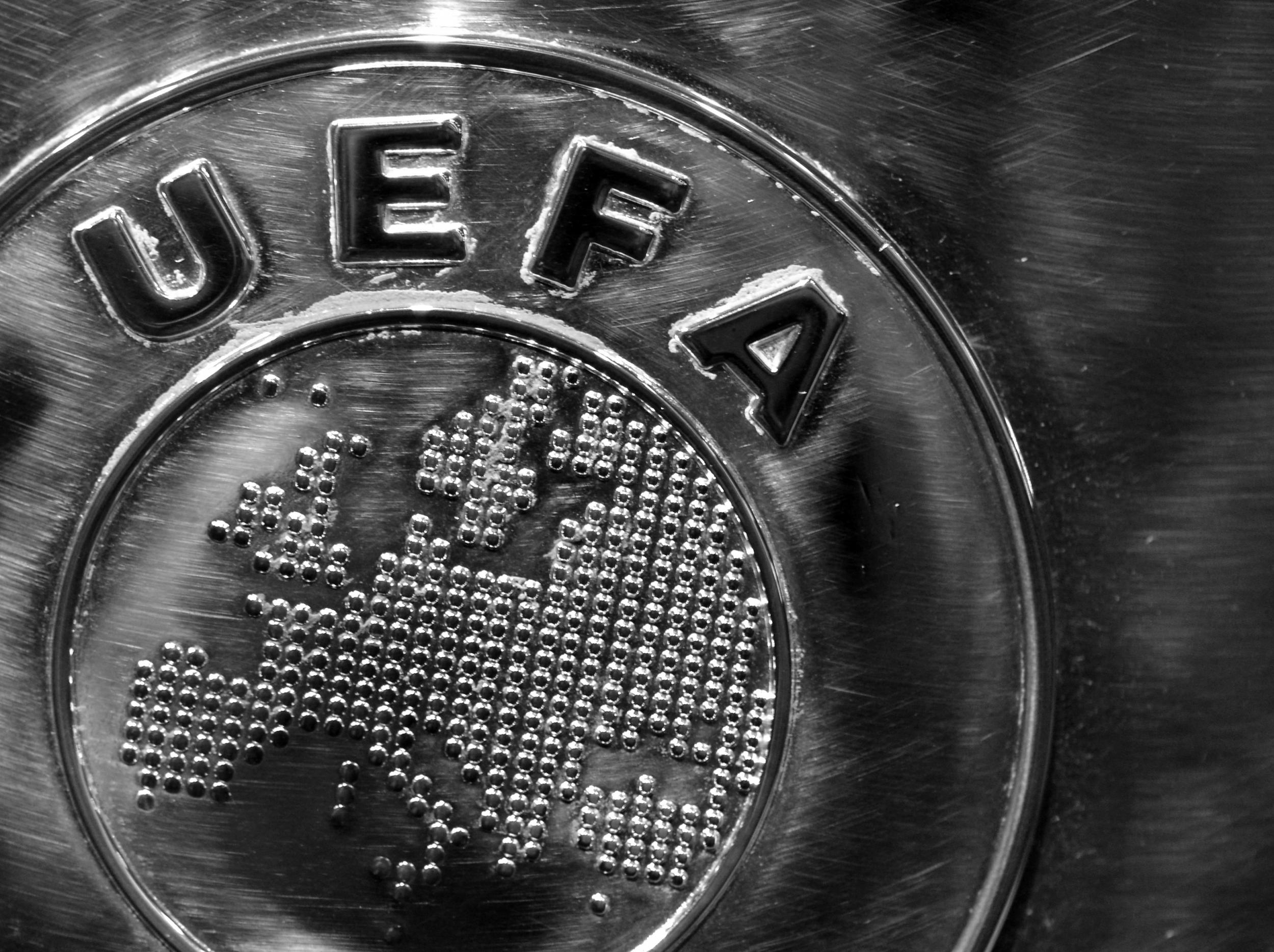
There is something more practical individual fans can do, too. They can invest more time in their local teams. One of the huge problems inherent to this is the global mass of supporters that the 11 biggest clubs are developing, at the expense of everyone else. It is a huge factor in disparity. It instantly denies more local clubs of ticket sales, sponsorships, TV viewers and basic interest. This has been especially ruinous in African countries and Ireland, given the obsessive interest in the Premier League.
Such glamour is obviously hugely seductive, and the obvious source of this disparity, but can still warrant initiative from those who truly love the game and what it means.
Otherwise, more and more will go to the super clubs.
Nicola Cortese even sensed similar issues when he was working at Southampton. “Manchester United’s biggest fanbase is in Asia, and they would much rather see Manchester United against Real Madrid than Manchester United against us.”
It is also why there has been such a growing crisis over the football calendar, with more to come.
The big clubs only want to play in the most attractive matches, against fellow glamour clubs. They don’t really care for fixtures – like inconvenient domestic cup replays or second legs – that don’t generate the same money.
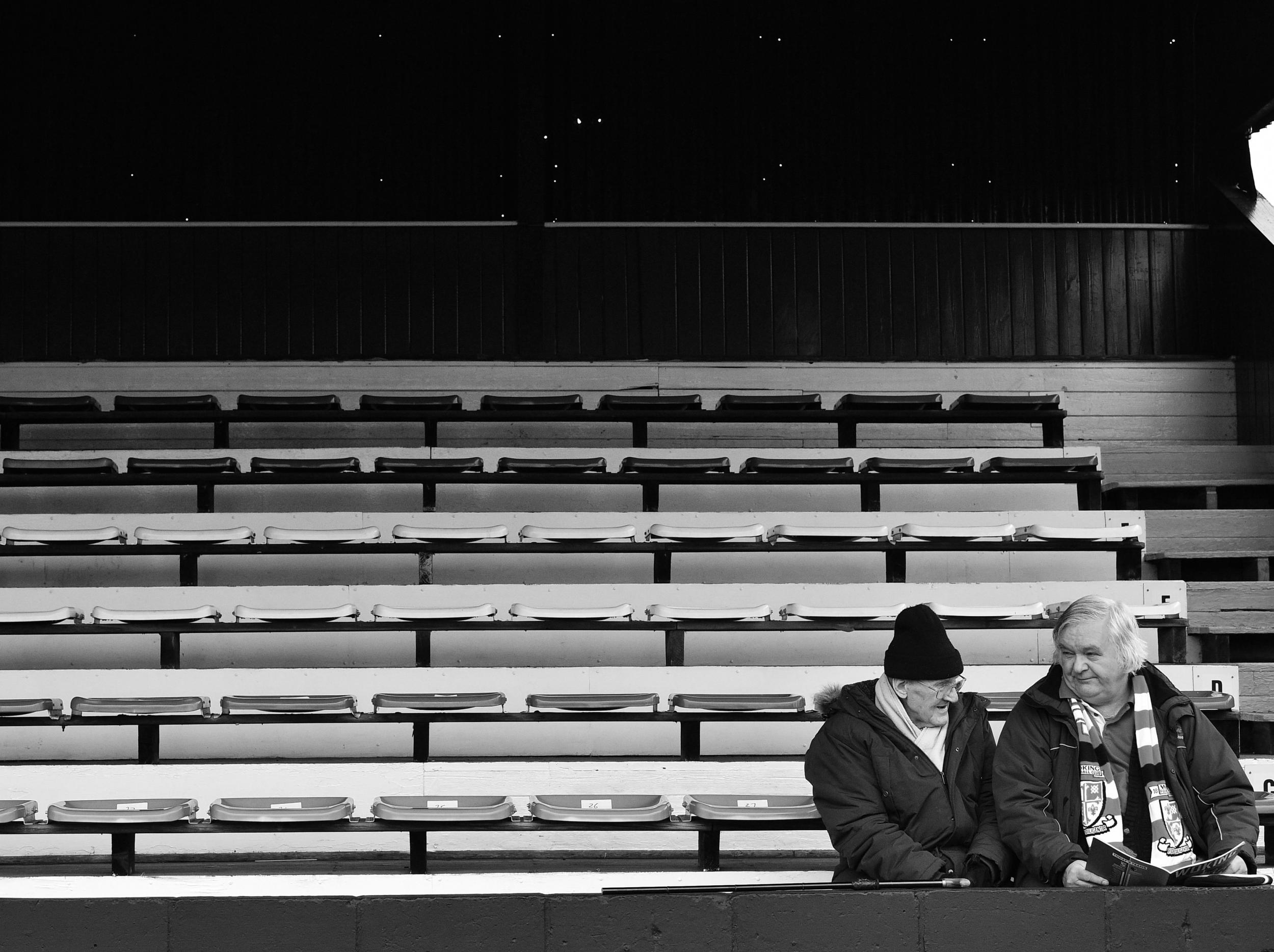
This is why the other ongoing discussion, about the post-2024 worldwide match calendar, is as important. Central to it are issues of financial disparity. Big clubs don’t necessarily want to play in the games that most benefit smaller clubs.
To go with all this, of course, Fifa are planning a hugely disruptive 24-team Club World Cup. The stated logic is to spread more money around the game. The implicit logic is however to compete with Uefa’s Champions League for earnings. The working logic is that they will have to pay the big clubs fortunes to get them and actually make it attractive, and that will only increase this financial disparity.
It is why many in the game now feel a lot of these forces are finally coming together to create that biggest line in the sand and another big change in the calendar – the launch of a super league.
“There are certain people at certain clubs who are thinking now might be the time,” one high-level source says. “A lot seems set up for it.”
Cortese agrees.
“A lot of people say it will never happen. I think there are big forces behind the scenes trying to make it happen.”
And this is where financial disparity has pushed the game, beyond a greater level of predictability than ever before.
A super league has long been mooted, and never happened, but more seems in place for it than ever. The greatest issue of all is not that this is a good thing, or any way desirable. It is that it is a logical extension of this great disparity: lop off the big clubs to let them face each other; let everyone else work it out.
The great tragedy may well may be that this is the only actual solution.
That’s unless the biggest voices start to take responsibility. Otherwise, they could be responsible for the destruction of our game as we know it.
It would be massive change, from such a small group. It really shouldn’t come to this.
It’s our game. Not theirs.
Join our commenting forum
Join thought-provoking conversations, follow other Independent readers and see their replies
Comments